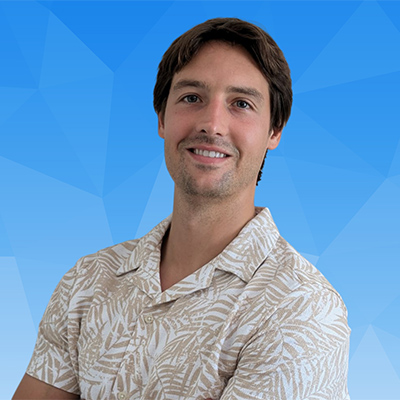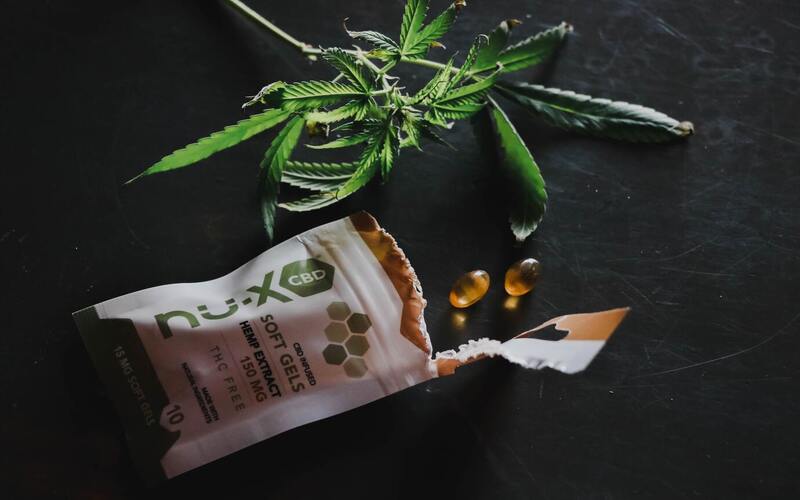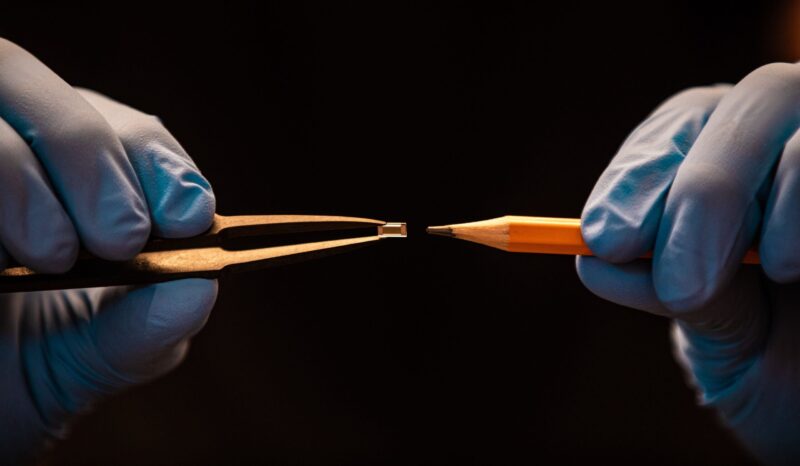Zack Zindler and his hemp company, Native Ceuticals Tampa, were denied inclusion in the Department of Veterans Affairs (VA) Veterans First Contracting Program citing illegal substances, but legal experts say the 2018 Farm Bill states otherwise.
The VA Center for Verification and Evaluation (CVE) announced Tuesday they have denied a former Marine and his hemp company inclusion in the VA’s Veterans First Contracting Program, striking a blow to companies looking to provide alternative treatment options to injured and battle-fatigued service members, but legal experts are saying the VA is in the wrong.
Zack Zindler, a veteran and owner of Holistic Serendipity, doing business as Native Ceuticals Tampa, was denied his service-disabled veteran-owned small business (SDVOSB) certification due to the misclassification of hemp as a Schedule 1 Controlled Substance by the VA, despite the Farm Bill of 2018 federally removing hemp from the definition of marijuana in the Controlled Substances Act (CSA) in December of 2018.
In May of 2021, Zindler started Native Ceuticals Tampa after entering into a licensing agreement with Native Ceuticals, the parent corporation recently featured on Fox Business’s Trending Today for their “seed-to-shelf” production of CBD products derived from hemp. Zindler says he started Native Ceuticals Tampa to provide a natural alternative to narcotic and pharmaceutical treatments for military service members recovering from injury or suffering from stress-related symptoms, such as PTSD.
“Being an injured veteran myself and having been prescribed different medications for what I was dealing with, I experienced firsthand how hemp helped to regulate and process my emotions, and also helped with physical ailments, without the dependency or side effects” said Zindler, a 32-year-old from Tampa, Florida.
“If these products can help me, I know it can help others like me, so I’m trying my hardest to get this into the hands of those who need it most — our veterans.”
To help reach more service members, Zindler decided to utilize his service-disabled veteran status to apply for the Veterans First Contracting Program in August of 2021.
According to the U.S. Federal Contractor Registration (USFCR), which helps businesses and nonprofits register for government set-aside programs, every year the federal government spends nearly $500 billion on contracts, with the goal of spending three percent of that budget on businesses within the Veterans First program.
Acquiring the SDVOSB certification would give Zindler and his company preferential treatment within the VA over other set-aside programs, allowing Native Ceuticals Tampa to extend its reach and help more veterans using federal funds.
However, on Tuesday, Zindler and his company were denied their SDVOSB certification for an unusual reason. According to the CVE, Native Ceuticals Tampa is dealing in a Schedule 1 Controlled Substance.
In their letter of denial, the CVE stated, “The Controlled Substance Act (CSA), 21 United States Code (USC) §§ 811 and 812, provides that Marijuana is a Schedule I Controlled Substance and is illegal. If a business concern elects to implicitly or explicitly include in its marketing material or pursues contracting opportunities relating to the production and/or endorsement of Marijuana and simultaneously applies for and becomes verified by CVE as a Veteran-Owned Small Business, the VA could be seen as endorsing illegal conduct under Federal law.”
Legal experts, however, insist the classification of hemp as a Schedule 1 drug is legally inaccurate according to the 2018 Farm Bill.
“Putting aside that the CVE has granted this certification to other companies specializing in CBD, the VA is not abiding by the most recent definition of cannabis as defined by the federal government,” said Abigail Nath, a cannabis lawyer and consultant for Native Ceuticals Tampa.
“If this is the sole reason the VA is denying this company a part in their program, they’re wrong.”
For decades, federal law did not differentiate hemp from other cannabis plants, all of which were officially deemed illegal in 1937 under the Marihuana Tax Act and formally made illegal in 1970 under the CSA, with the latter banning all forms of cannabis.
Passed in December of 2018, the U.S. Farm Bill, specifically section 12619, removes hemp-derived products from its Schedule I status under the CSA.
Furthermore, The 2018 Farm Bill ensures that any cannabinoid — a set of chemical compounds found within the cannabis plant, including CBD, CBG and CBN — that is derived from hemp will be legal, “if and only if that hemp is produced in a manner consistent with the Farm Bill, associated federal regulations, association state regulations, and by a licensed grower.”
“As one of the leading CBD companies in the nation, we ensure we are in accordance with every law and regulation in order to grow and distribute hemp,” CEO of Native Ceuticals Walter Tribolet said.
“Every Native Ceuticals product is tested to comply with government standards of scientific certainty that all our products are THC free or comply with the federal maximum of 0.3 percent or less.”
Zindler even went as far as to obtain his hemp food permit from the Florida Department of Agriculture and Consumer Services, a requirement to sell CBD and other hemp products legally in Florida.
“The CVE’s reference of marijuana in their denial letter is an obsolete and moot point, as Zack’s company only sells products that are derived from hemp, a federally legal plant,” Nath said.
“Three years ago, the federal government made a legal distinction between marijuana and hemp through the Hemp Farming Act of 2018. As the CVE and the Veterans’ First Contracting Program is ‘governed exclusively by federal law,’ it must utilize the correct legal definitions of these plants when verifying Native Ceuticals Tampa’s application for verification as an SDVOSB.”
Zindler is currently filing for an appeal to reverse the VA’s decision.
Zindler is currently weighing his legal options, but claims this is just the beginning of his fight to make natural hemp treatment options legal and available for past and present military personnel who need it.
Author
-

Aron Vaughan is a journalist, essayist, author, screenwriter, and editor based in Vero Beach, Florida. A cannabis activist and tech enthusiast, he takes great pride in bringing cutting edge content on these topics to the readers of Cannabis & Tech Today. See his features in Innovation & Tech Today, TechnologyAdvice, Armchair Rockstar, and biaskllr.






